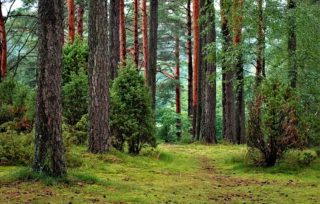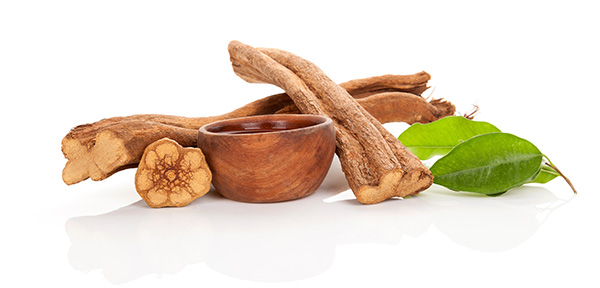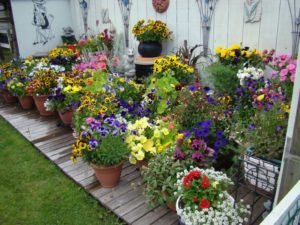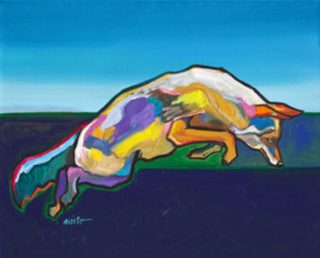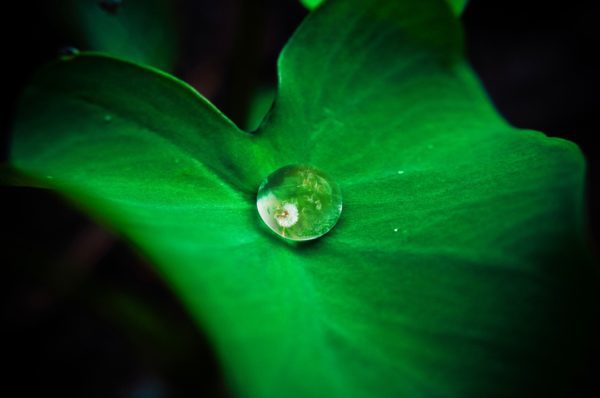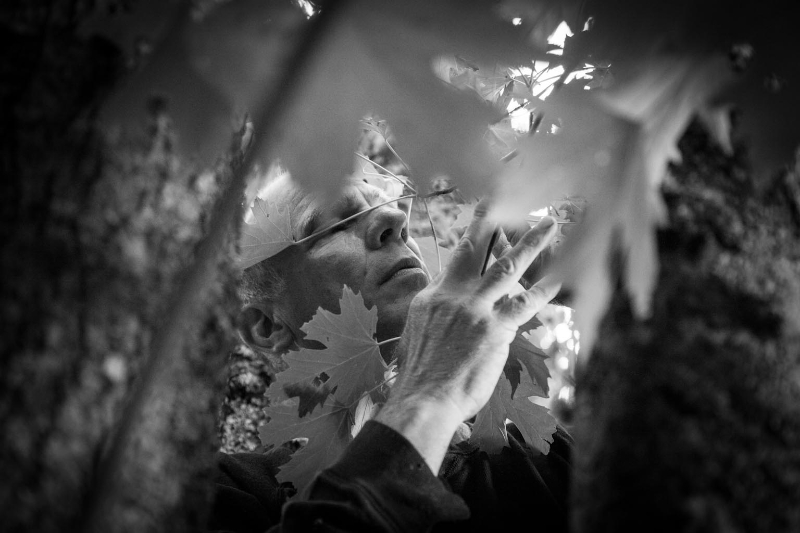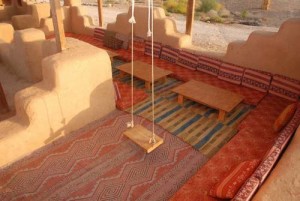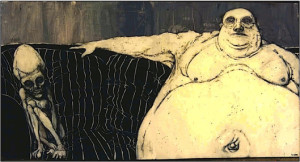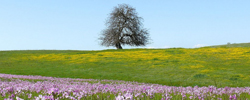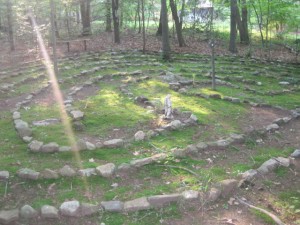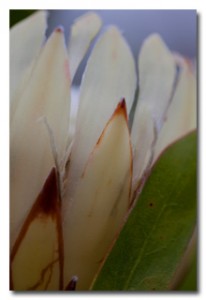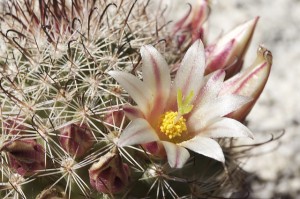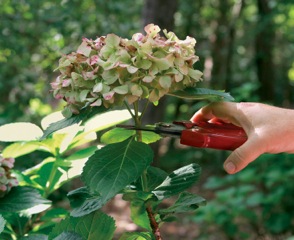In this article which appeared in the March 2017 issue of the Ecopsychology Journal, Sophia Reinders asks us a compelling question:
“How can we bring into being in ourselves and in our communities a consciousness that is earth-cherishing and aware of the planet as the living matrix in which all earth communities, including the human, are embedded and have their ground?”
The manner in which the author suggests that we go forward is poetically derived from her own experiences of oneness with nature as she beautifully recounts her embodiment of a coyote’s song and melding with the fragrance of the morning. Using these examples, the author asks us to go beyond contemplation and gently invites us to act by “sensory reception” and “intuitive perception”. She suggests that, as we re-awaken “our ancient capacity to be enchanted with the mystery that has given birth to us and surrounds us… we may begin to listen to the ancient dialogue of body and earth”.
Sophia’s full article may be found at http://online.liebertpub.com/doi/pdf/10.1089/eco.2016.0035
*********************************************************************
This article first appeared in the March 2017 issue of the Ecopsychology Journal, which regularly features articles free of charge to the public for a limited period of time.
Acknowledgement for featured image: “Coyote Leaping” by John Nieto, 24″ x 30″ acrylic. Available at Ventana Fine Art, 400 Canyon Road, Santa Fe, New Mexico 87501


